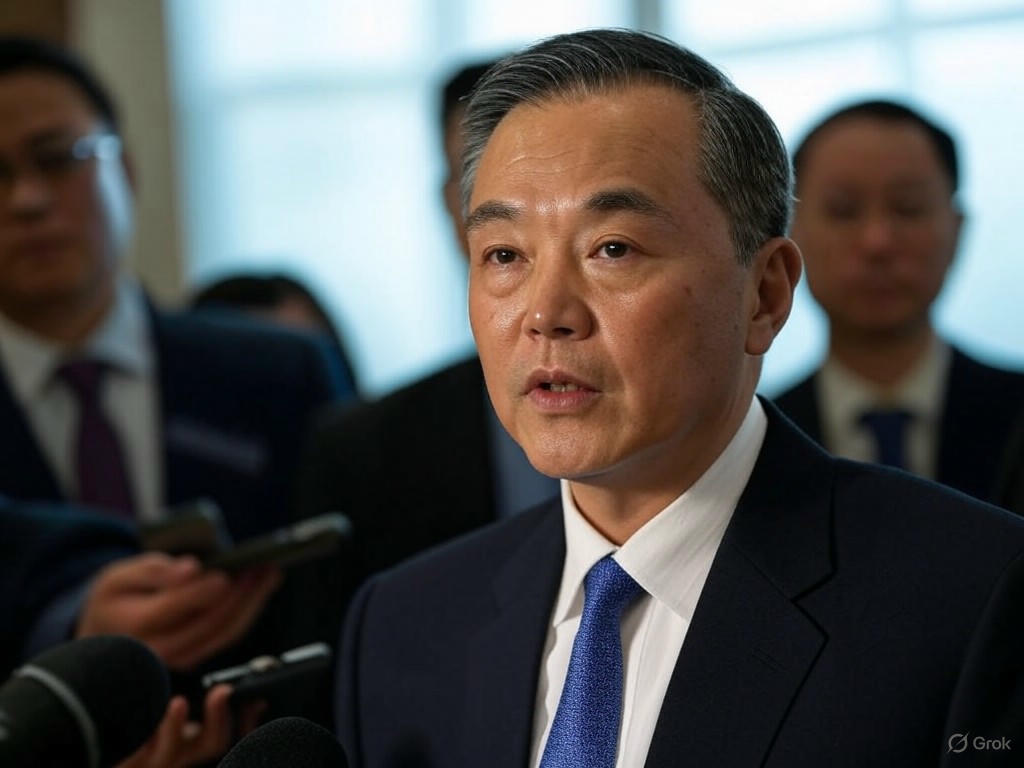In a surprising turn of events, China has issued export permits for rare earth minerals following intense trade discussions with the United States, offering a glimmer of hope to American industries heavily reliant on these critical materials. Rare earths, essential for manufacturing everything from smartphones to electric vehicle batteries and military equipment, have long been a point of contention in global trade. This development, emerging from recent high-stakes negotiations, signals a potential easing of tensions, though many experts warn that the relief may be short-lived.
For years, China has dominated the rare earth market, controlling a significant portion of the world’s supply. This dominance has given Beijing considerable leverage in trade disputes, often using export restrictions as a strategic tool to influence international relations. U.S. businesses, particularly in the tech and defense sectors, have struggled with supply chain disruptions and soaring costs when access to these materials has been limited. The newly granted permits are expected to stabilize prices temporarily and allow companies to replenish dwindling stockpiles. However, the volume of exports approved remains unclear, and there are concerns about whether this move will address long-term supply chain vulnerabilities.
Industry leaders have expressed cautious optimism about the permits. For many, this is a chance to reassess dependencies on foreign supply chains and invest in domestic alternatives. The U.S. government has been pushing for greater self-reliance in critical minerals, with initiatives to boost mining and processing capabilities within its borders. Yet, building such infrastructure is a slow and costly endeavor, leaving businesses exposed to China’s policy shifts in the interim. Some analysts suggest that this gesture from Beijing might be a diplomatic olive branch amid broader trade negotiations, rather than a permanent policy change. The timing, coinciding with other trade talks, raises questions about whether this is a tactical move to gain concessions elsewhere.
Looking ahead, the uncertainty surrounding China’s long-term intentions looms large. While the current export permits provide breathing room, they do not guarantee stability. U.S. policymakers are under pressure to accelerate efforts in diversifying supply sources, with potential partnerships in countries like Australia and Canada gaining traction. At the same time, companies are exploring recycling technologies and alternative materials to reduce reliance on rare earths altogether. The stakes are high, as these minerals are not just economic assets but also critical to national security and the global transition to green energy.
As the world watches how this delicate balance of power unfolds, one thing is clear: the rare earth market remains a geopolitical chessboard. For now, U.S. businesses can take a moment to regroup, but the clock is ticking. Without decisive action to secure sustainable supplies, the next round of restrictions could catch industries off guard once again. This temporary reprieve is a reminder that in the high-stakes game of global trade, preparation is the only path to resilience.
